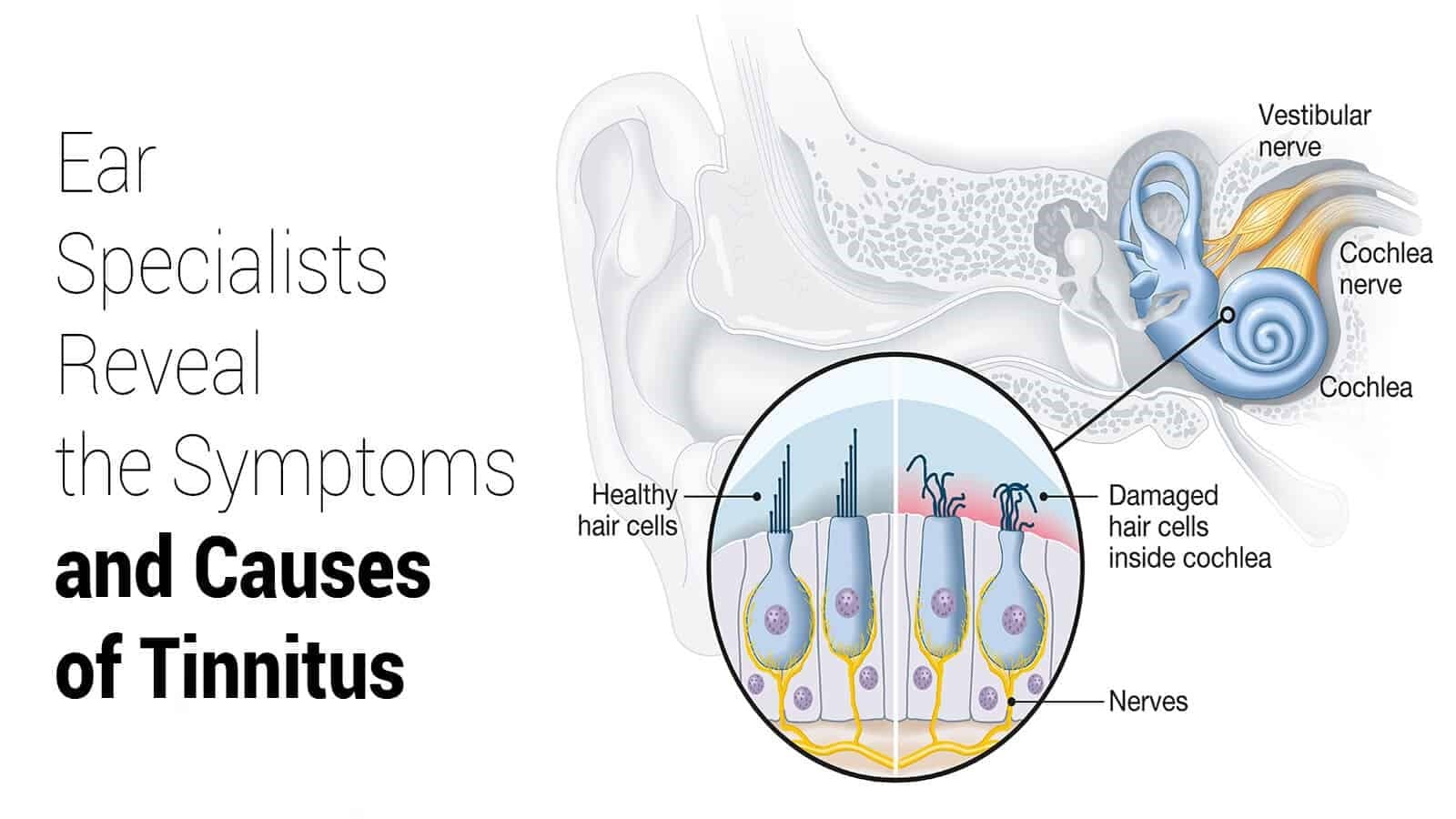Understanding Tinnitus, Hyperacusis, and Misophonia: How Prescriptive Sound Therapy Can Change Your Life

If you’re someone who experiences tinnitus, hyperacusis, or misophonia, you know how challenging it can be to live with these auditory issues. Not only do they affect your quality of life, but they can also have a significant impact on your mental and emotional wellbeing.
Fortunately, there is hope. With the help of a team of expert audiologists, you can access prescriptive sound therapy and educational counseling that can transform the way you experience sound and ultimately change your life. Let’s take a closer look at what these auditory issues are and how they can be treated.
What is Tinnitus?
Tinnitus is a condition characterized by the perception of ringing, buzzing, or hissing sounds in the ears or head. It’s estimated that nearly 15% of people experience tinnitus, with the severity and impact varying from person to person. While the specific cause of tinnitus is unknown, it’s believed to involve complex neurophysiological processes in various areas of the brain.
What is Hyperacusis?
Hyperacusis is a condition characterized by an increased sensitivity to sounds that are typically not bothersome. People with hyperacusis may find everyday sounds, like the hum of a refrigerator or the sound of a car passing by, to be uncomfortably loud or even painful. Like tinnitus, it’s believed that hyperacusis involves complex neurophysiological processes in various areas of the brain.
What is Misophonia?
Misophonia is a condition characterized by a heightened emotional and physiological response to specific sounds, often referred to as “trigger sounds.” People with misophonia may experience intense feelings of anger, anxiety, or frustration when exposed to these sounds. It’s believed that misophonia, like tinnitus and hyperacusis, involves complex neurophysiological processes in various areas of the brain.
How Can Prescriptive Sound Therapy Help?
In 1990, Dr. Paul Yasterbot introduced the neurophysiological model of tinnitus, which aims to weaken tinnitus-related neuronal activity and reclassify tinnitus as a neutral and non-threatening signal. This is achieved through prescriptive sound therapy, educational counseling, and coping techniques.
Prescriptive sound therapy involves the use of customized sound stimulation delivered through hearing aids or similar devices. The therapy is tailored to each individual’s specific needs and targets the areas of the brain that are involved in the auditory issues. Over time, the therapy works to reset and rewire the auditory, limbic, and autonomic nervous systems in the brain to block the perception and reactions to tinnitus, hyperacusis, and misophonia.
Educational counseling is a critical component of prescriptive sound therapy. By working with expert audiologists, individuals can learn coping techniques and strategies to manage their auditory issues. This includes learning how to shift attention away from the perception of sound and reducing the emotional distress associated with tinnitus, hyperacusis, and misophonia.
How Long Does the Program Last?
To achieve optimal results, it’s recommended to work with a team of expert audiologists for 12 to 24 months. During this time, individuals receive ongoing support and guidance to ensure that they are making progress and achieving their goals. While the duration of the program may vary depending on each individual’s specific needs, the ultimate objective is to provide a life-changing solution that allows people to reclaim their lives and fully engage in the world around them.
The Bottom Line
If you’re someone who experiences tinnitus, hyperacusis, or misophonia, you don’t have to suffer in silence. With prescriptive sound therapy and educational counseling, you can transform the way you experience sound and ultimately change your life. By resetting and rewiring the auditory, limbic, and autonomic nervous systems in the brain, you can block the perception and reactions to these auditory issues and live a more fulfilling, enjoyable life.

